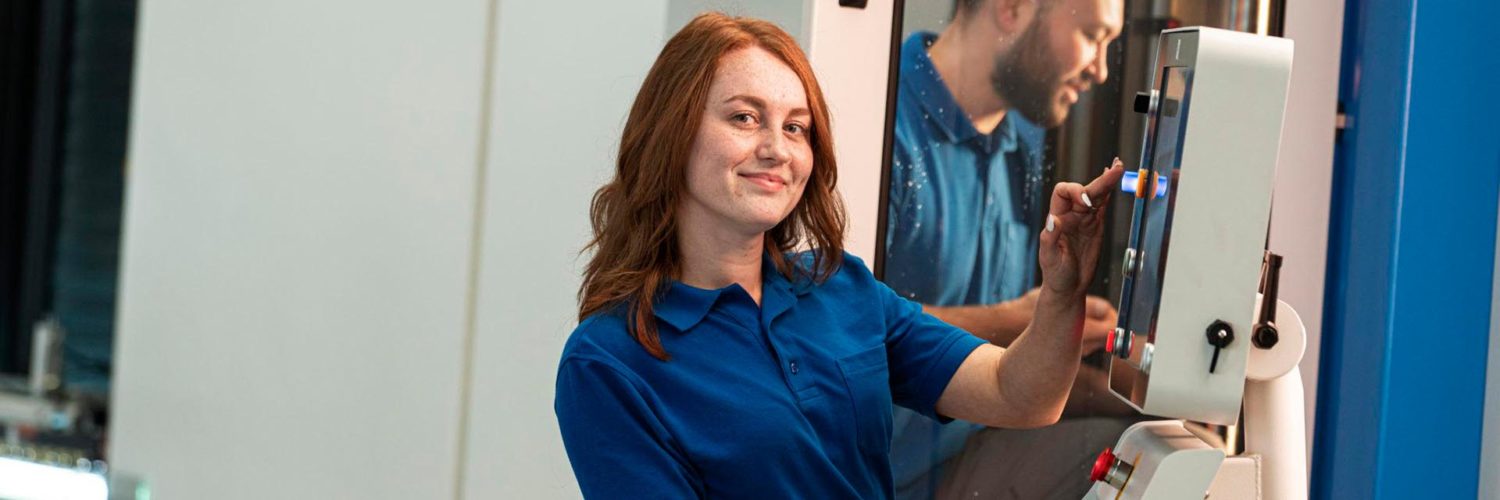Software platform development facilitates product development and improves the reliability of devices
Glaston is remodeling its 12-year-old software platform to better meet the current and future requirements pertaining to Glaston’s machinery. The goal of the new platform is to utilize the current system’s software solutions as well as possible. The changes made to the code further improve the stability and reliability of the system and increase the platform’s level of integration with modern programming technologies.
Monad started its cooperation with Glaston in the spring of 2021. The project started with software archeology, analyzing the architecture of the existing software. This stage helped identify potential issues, but also solutions and functionalities, which can be migrated to the new system either as they are or subject to minor modifications.
As part of the process, the source code of the platform’s software components was subjected to refactoring, i.e. it was restructured while retaining its functionality. Among other things, refactoring ensures that different functionalities also work with new features or technologies on the new platform. In addition, the developer experience was enhanced by making the adoption and initialization of the development environment easier and by switching to the continuous integration model in development.
Significant improvements straight from the first remodeled version on
The first remodeled version of Glaston’s software platform was launched in early 2022. It includes improved architecture and updated software libraries. The remodeling introduced immediate benefits, such as more efficient use of resources, lower memory consumption, and improved reliability in exceptional circumstances.
Sakari Palokangas, Manager, Architecture & Technology, Glaston, praises Monad’s ability to take charge of the project efficiently as well as the cooperation with Monad:
“Monad’s experts got the hang of the project very quickly, and the initial assessment created a solid foundation for the project. We were able to catch up the platform technically already in time for the first software platform launch.”
With the cooperation, Glaston’s own organization has also changed. The switch to a more agile operating model has not created problems; in fact, its’ been quite the opposite!
“Monad’s people have done a tremendous job integrating to out teams. What’s more, Monad has a lot of know-how that enriches our teams’ operations,” says Sakari.
In the long run, Glaston’s goal is to standardize the software interfaces of the glass heat-treatment equipment. Products for flat tempering lines, flat laminating lines, and vehicle glass bending lines are being developed, in addition to which the software standardization further improves reliability and facilitates future product development.
Next Steps
Should we get started?
Contact us
You don’t need a fully formed business idea or detailed specifications. The first step is to reach out to us, and we can arrange a conversation to discuss your needs.
Let’s have a chat
We’ll go through your situation and needs together. We’ll explore how we can potentially assist you. There’s no obligation or cost involved at this stage.
We provide a proposal
Once we have a clear understanding of your needs, we’ll create a tailored proposal outlining the recommended approach for moving forward.

Let’s talk
Together, we can go through your situation and needs so that we can make a proposal on how to continue.
Antti Riikonen, CEO
+358 50 480 2426
[email protected]
